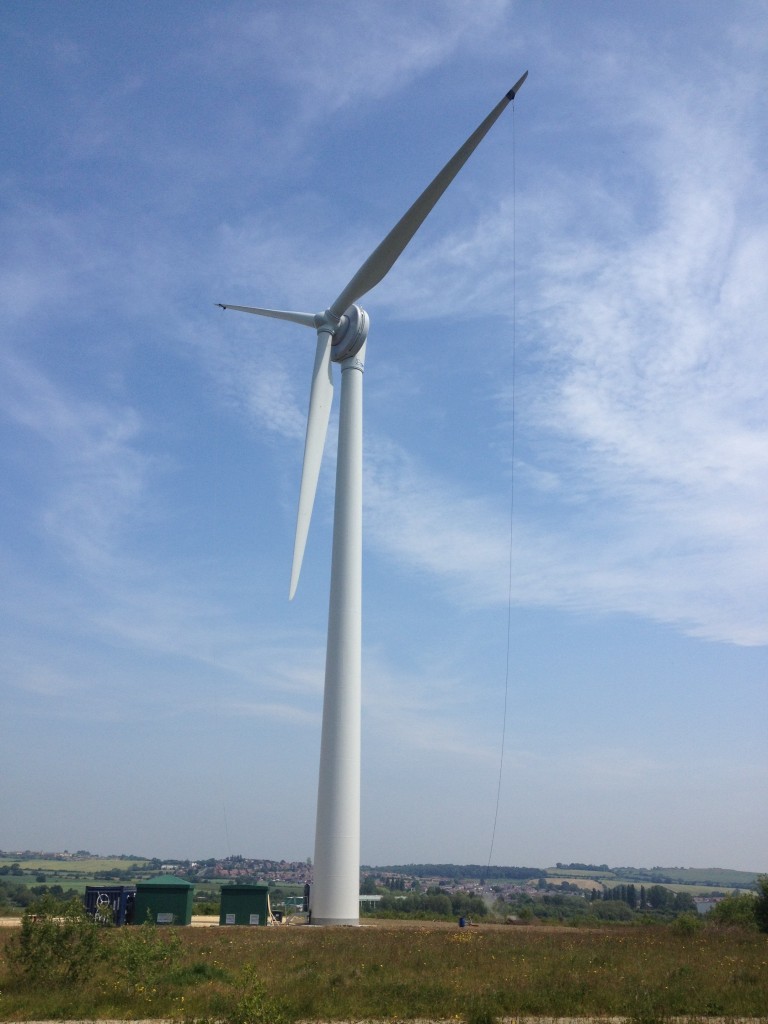
Green-energy firm Future Renewables Eco (FRE) said yesterday it had completed the installation of three wind turbines in Aberdeenshire as part of multimillion-pound plans to roll-out investment “opportunities” across Scotland.
The 225 kilowatt (kW) machines – two at Auchmore, mear Midmar, and another in Alford – are currently undergoing final testing before they start generating power and earning income for investors.
They are expected to produce about 2.1 gigawatts of electricity annually, all of which will be sold to the national grid.
FRE, which has offices in Edinburgh and London, said its Aberdeen machines represented phase one of its northern UK wind turbine plans, for which it had successfully raised £4million.
The company aims to tap investors for a further £15million-£25million in order to finance the installation of additional turbines at several other Scottish locations.
It has already acquired two fully consented sites – Craigannet near Stirling and Boghead in South Lanarkshire – and is carrying out final due diligence on two more.
Turbines ranging in size from 500kW to 1.5 megawatts are expected to be installed and operational on FRE’s phase two projects early in 2017.
Chief executive Gerry Wood said: “We’re delighted with the success of the first phase of our wind turbine operation, which will begin delivering income to investors this year.
“We’re proceeding with vigour to the next phase of the project and are pleased at the early interest being shown by the investment community.”
Projects are “pre-accredited” to take advantage of the UK Government’s feed-in tariff scheme, currently being phased out, which guarantees smaller-scale sites payment for the electricity generated.
FRE was set up last year to develop turbine sites in Scotland, Northern Ireland and the north of England.
It aims its fundraising at “sophisticated” investors and high net worth individuals – people with an annual income of at least £100,000.
The firm’s website highlights FRE’s ability to create “high-yielding investment opportunities” by acquiring sites, obtaining planning permission, installing and connecting turbines and generating electricity.
And it says its “established relationships” with farmers, landowners, developers, planners and energy companies mean it is well-placed to identify opportunities and capitalise on them swiftly.
The company’s current focus is on medium-sized wind turbines but it is also investigating other opportunities in renewable-energy, including solar and biomass.
It is already planning to build an anaerobic digestion facility in Scotland – at an unconfirmed location – to break down organic waste into methane-rich biogas and fertiliser.
Mr Woods said: “There are excellent opportunities available for smaller investors to benefit from the buoyant energy sector without exposing themselves to the uncertainty around the oil and gas and nuclear power markets.
“The renewables industry is going from strength to strength, and we’re very positive about the future both for us as a company and the market in general.”
Recommended for you
